Two kinds of Nature
“There are two kinds of Nature: – Relative nature; – Absolute Nature. Relative Nature This means that nothing is created, it is just as it is. For instance, the nature of water is that it is wet, the nature of fire is that it is hot. This is relative nature. Absolute Nature Every being, from dharmakaya down to hell, is integrated with Nature. Nature encompasses all beings equally without any changes. But we don’t trust our own Nature, our own property. We don’t realize it, we don’t recognize it, we don’t try to know it. We are always just [looking]…
Read more
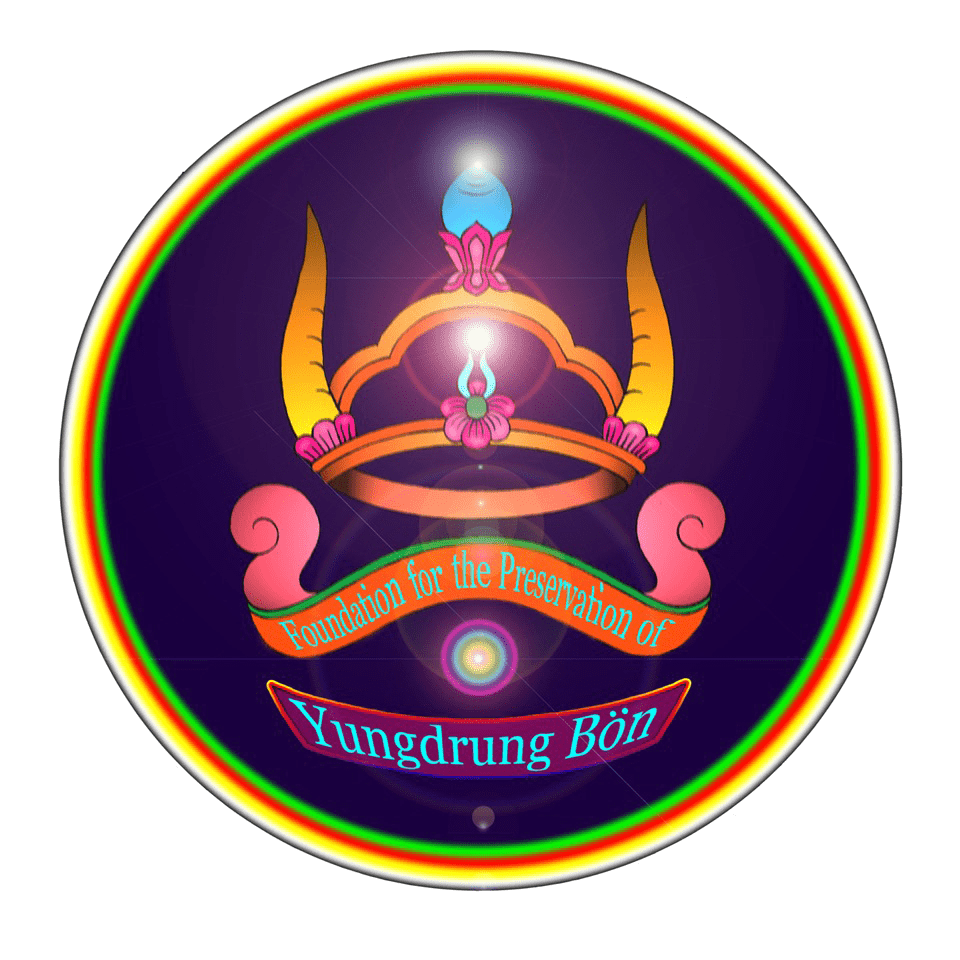
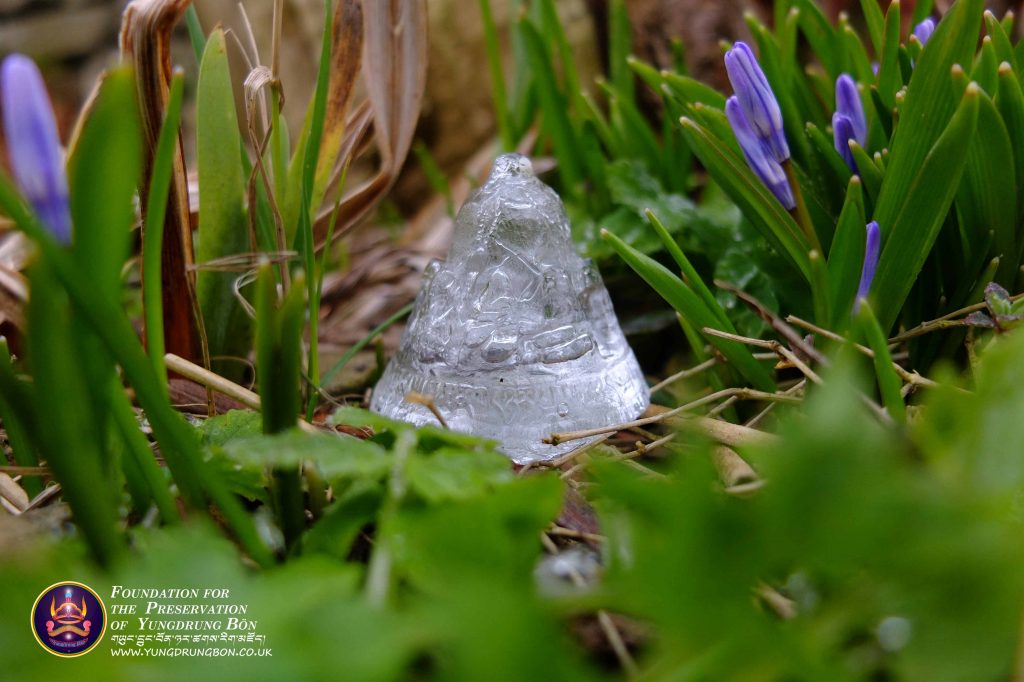
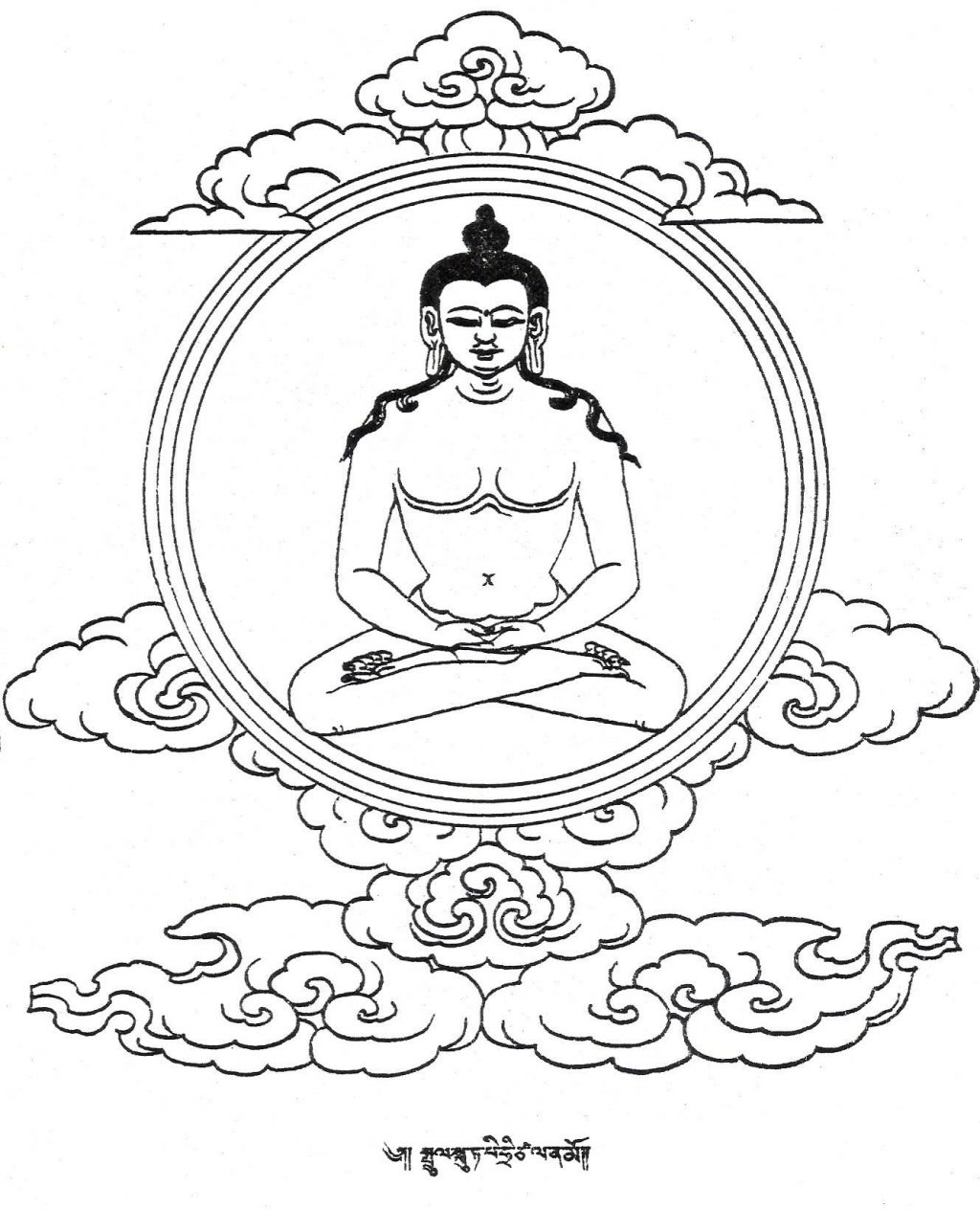
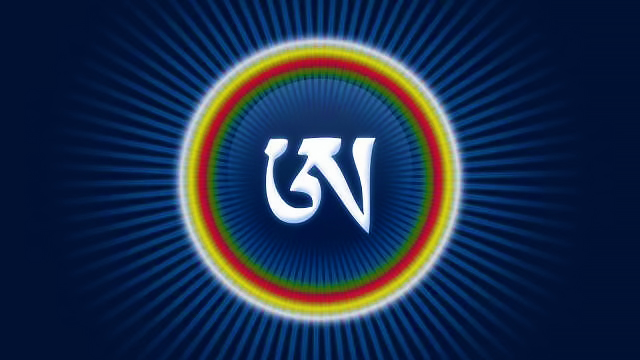
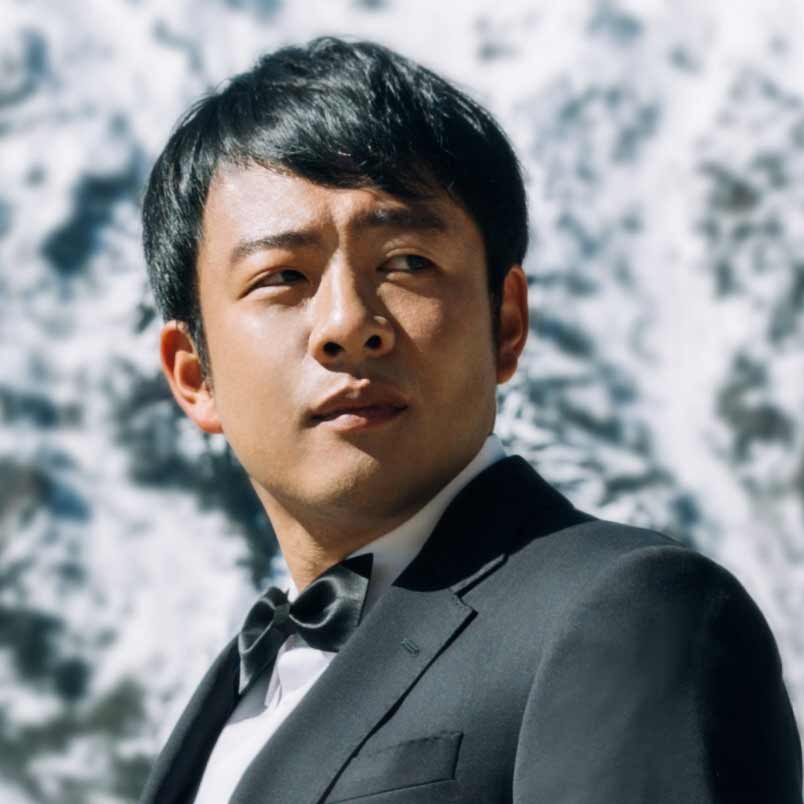
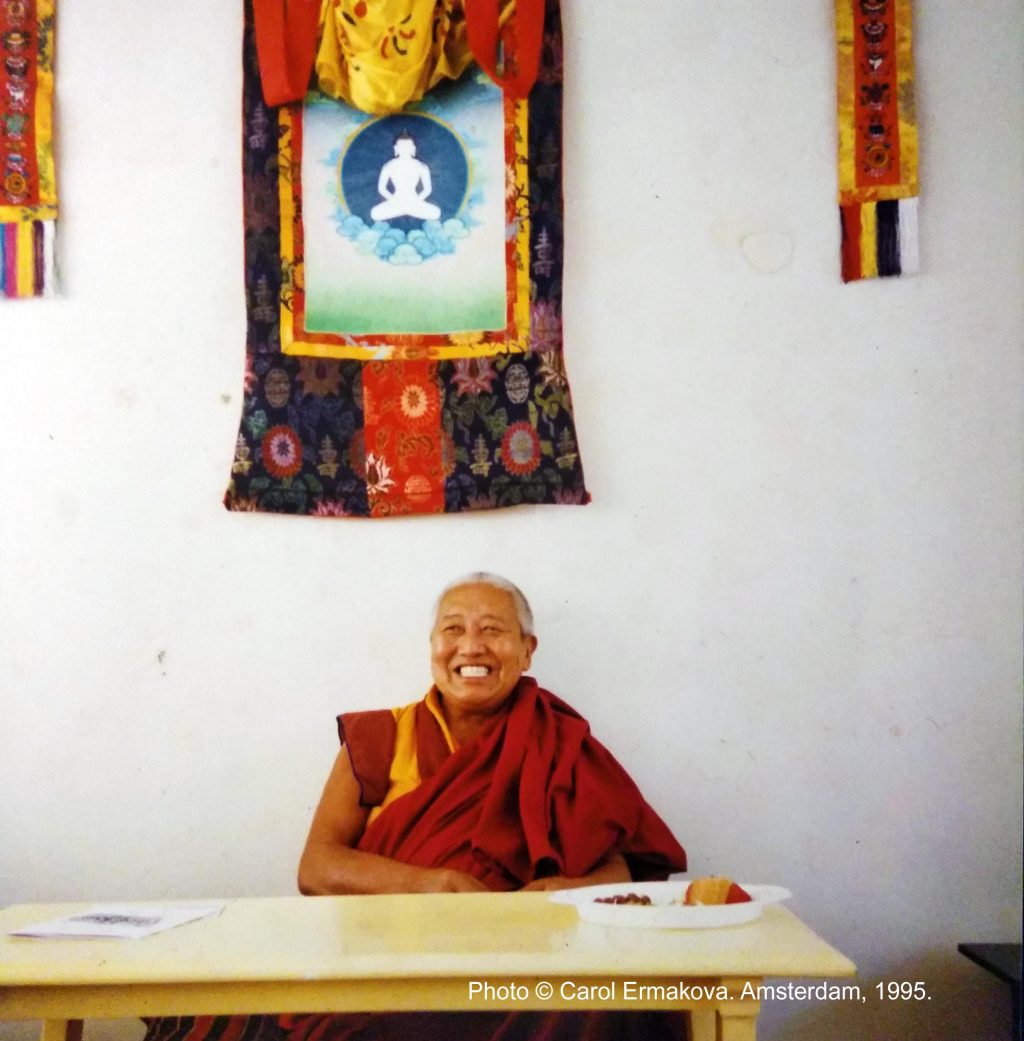
Recent Comments